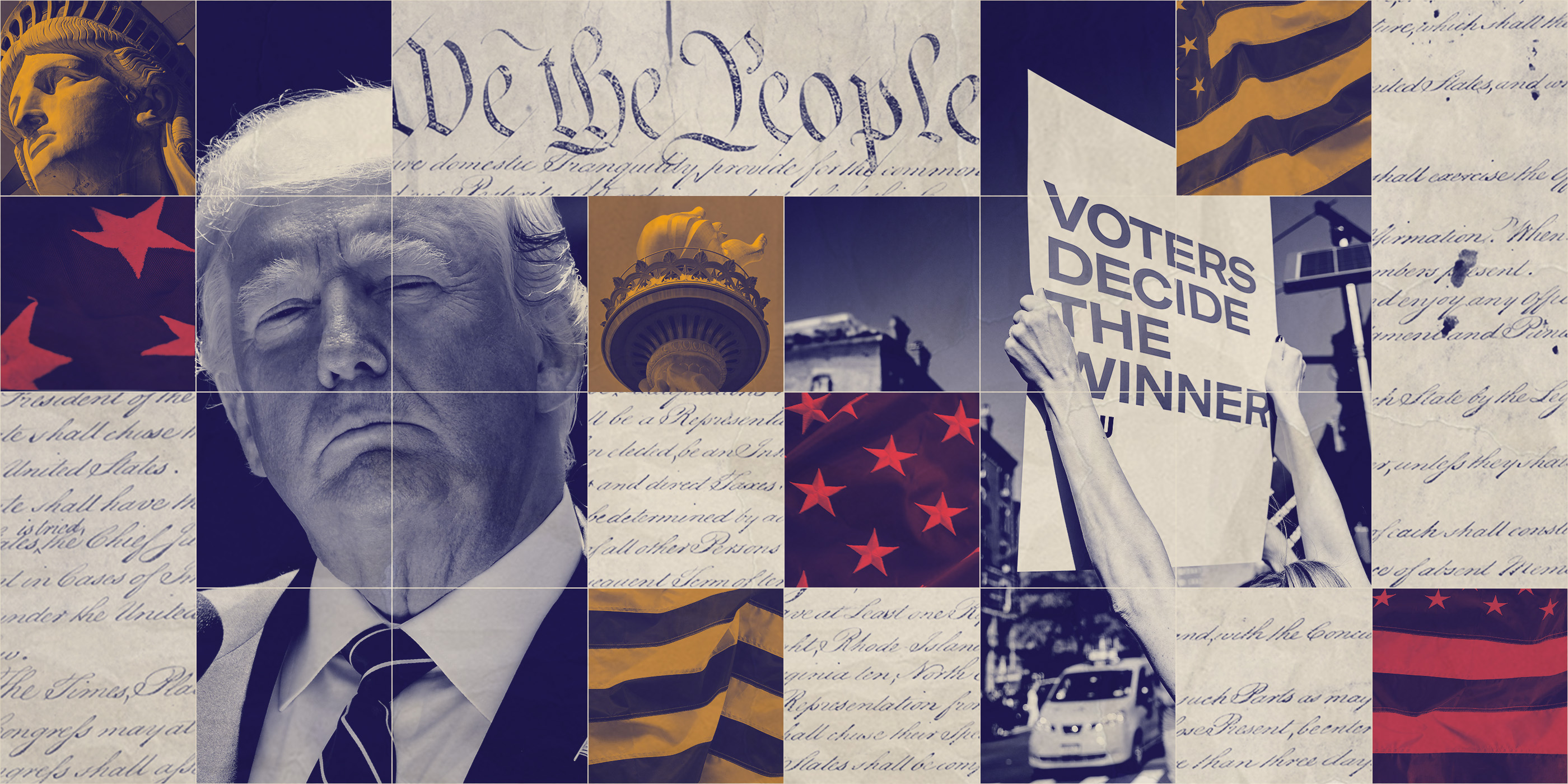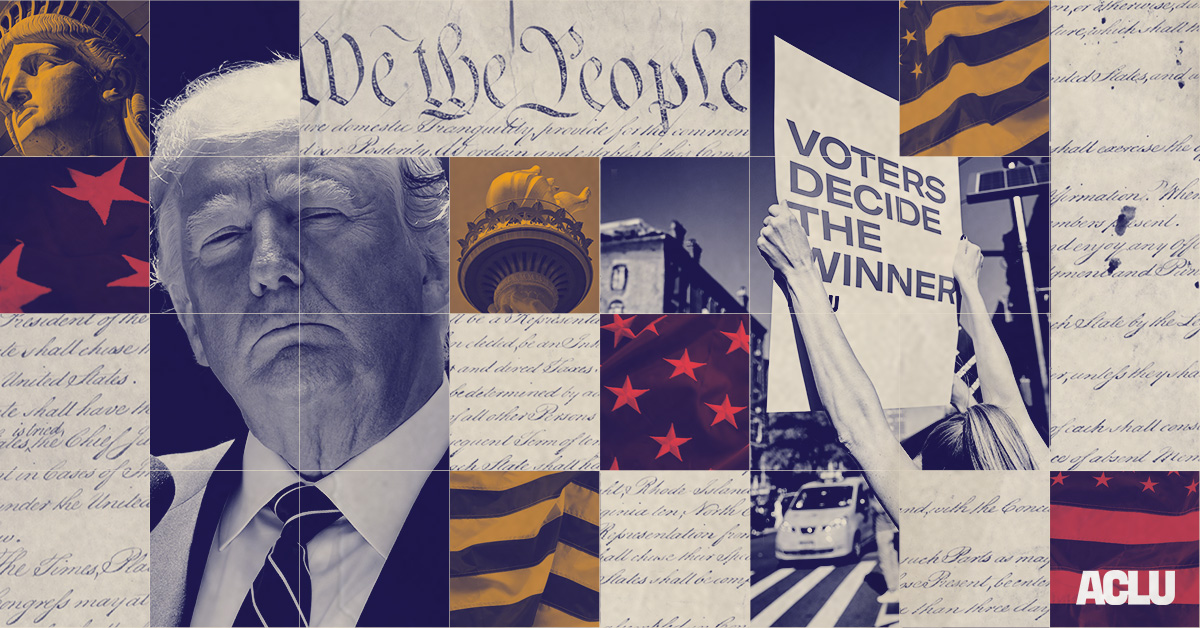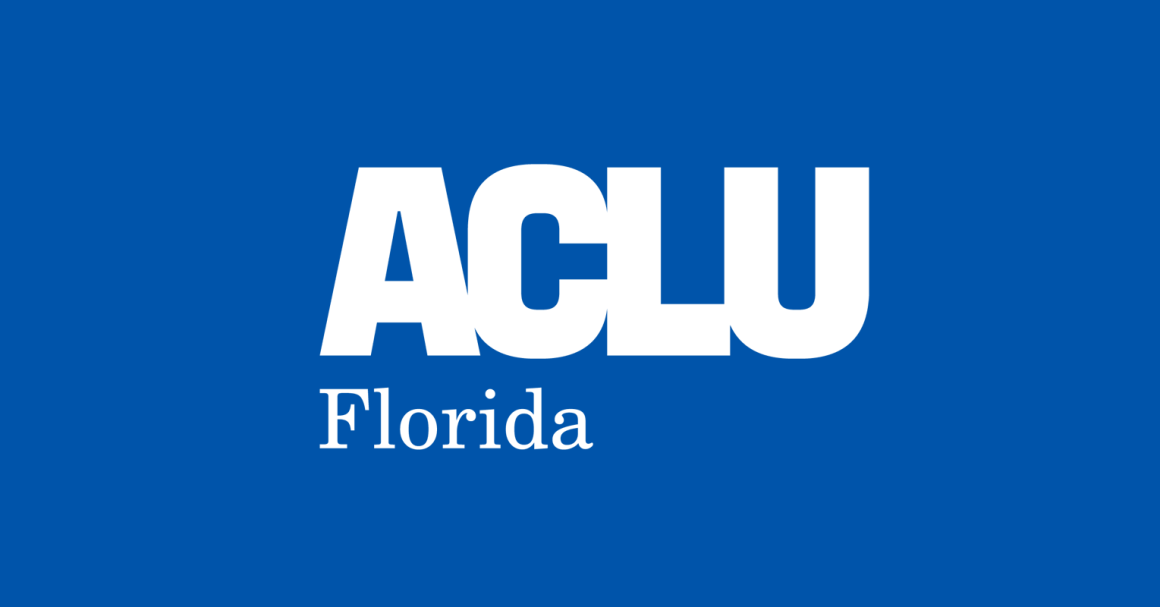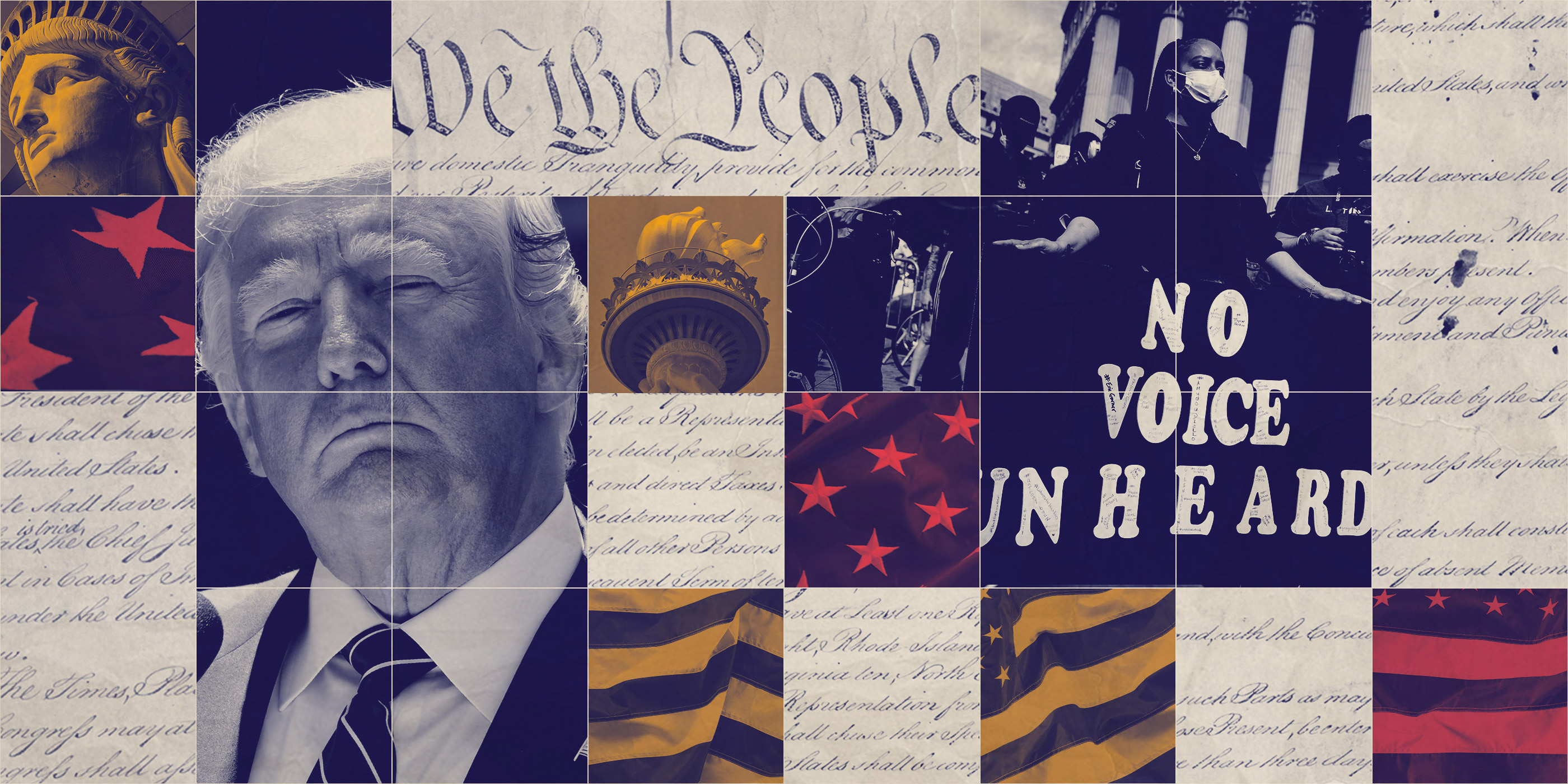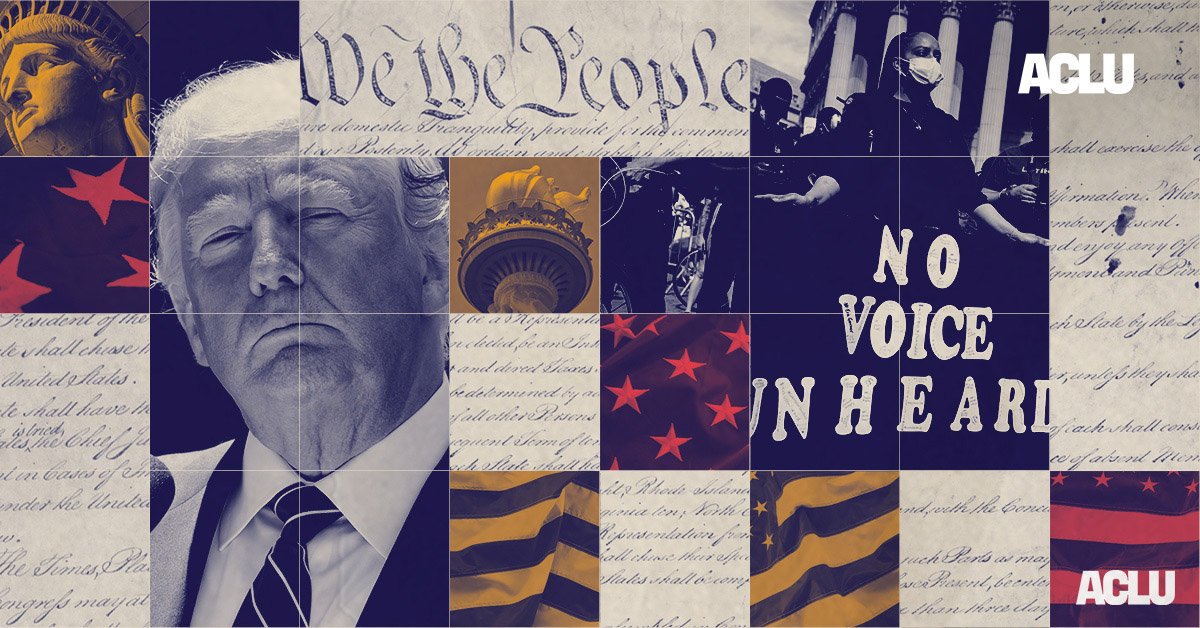Donald Trump’s claim that the 2020 election was “stolen” from him is not only a lie—no widespread voter fraud was detected in that election—it’s a lie that breeds public mistrust in our electoral system. Today, he is already casting doubt on the 2024 election, saying he will accept the results “if everything is honest.” The implication is that if Trump loses then the election may not have been honest, and that a free and fair election this November is only one in which he wins.
A second Trump administration will likely perpetuate policies that undermine our electoral systems. As outlined in Project 2025 policies, evidenced on the campaign trail and in interviews, if Trump is reelected, his administration will likely attempt to manipulate the 2030 census to deny representation and federal resources to millions; abuse executive power to suppress voting and interfere with elections; and roll back federal progress on voting access.
In a country that has a long history of voter suppression and continues to struggle with voter turnout, four years of constant attacks on our voting rights risks long-term, pervasive harm. At the ACLU, we’re fighting back. We defeated the Trump administration’s efforts to manipulate our electoral process before, and we’ll use every tool at our disposal to do so again. Learn more in our breakdown:
Trump on Voting Rights
The Facts: During a second term, not only would Trump seek to intimidate and disenfranchise marginalized voters, he would lay the groundwork to further question election outcomes that are adverse to him and his allies. Trump is likely to deploy the Department of Justice (DOJ) and other federal agencies to launch bad-faith investigations into voters and election officials, including against those he believes “rigged” the 2020 election. A second Trump administration is also likely to make good on earlier promises to send federal law enforcement to voting locations—a move that would serve just one purpose: to suppress voter turnout by intimidating voters.
Importantly, a second Trump administration would likely attempt to manipulate the 2030 census by adding a citizenship question. Census population counts impact apportionment of representatives, funding, and other resource allocation. Additionally, the Trump administration would also seek to reverse nonpartisan federal efforts to promote and expand access to voting, particularly for marginalized communities. That includes rescinding Executive Order 14019, which focuses on increasing language access, mitigating barriers for individuals with disabilities, and increasing voter education and registration opportunities under the National Voter Registration Act (NVRA).
Why It Matters: A second Trump administration’s efforts to undermine the right to vote will have consequences far beyond the 2024 election. Since the census is conducted every 10 years, manipulation of the census and apportionment will deny millions of voters equal representation and fair resource allocation for at least a decade. Trump’s likely plan to add a citizenship question to exclude noncitizens from apportionment would result in significant undercounting of historically vulnerable or underrepresented populations, specifically Latine and Asian communities and those living in urban areas, which would have reverberating negative impacts on district maps and allocation of funding.
Furthermore, Trump has stated that whether the upcoming election may be challenged is subject to the “fairness of the election” and whether he wins. This rhetoric yet again demonstrates a willingness to potentially abuse executive powers.
How We Got Here: Trump has consistently attempted to manipulate the census to carry out his agenda. Between 2018 and 2020, the ACLU successfully fought off two such attempts. In 2019, the Supreme Court ruled in favor of ACLU-represented plaintiffs, blocking the first Trump administration’s attempt to add a citizenship question to the census. That question would have caused diverse communities in places like California, Illinois, and New York to lose representation and cut their allotted share of billions of dollars in federal funding. In 2020, we sued again to stop the Trump administration from excluding undocumented immigrants from the figures used to apportion seats in Congress. Our lawsuit caused enough delay that the efforts could not be enacted before President Joe Biden took office and rescinded the policy.
Our Roadmap: Should a second Trump administration take office, we are ready to go to court to block efforts to undermine our electoral process. If a second Trump administration uses the president’s authority to empower his allies to perpetuate the false narrative of illegal voting or gathering information that can be weaponized against voters, we’ll pursue litigation to expose the lies. If Trump attempts to solidify his anti-voters efforts by deploying federal law enforcement officers, the National Guard, or other military personnel to intimidate voters or election workers, we’ll again use the courts to protect our right to vote.
We know that Trump’s efforts to remove noncitizens from the census count is blatantly unlawful. Under the Fourteenth Amendment, representatives in Congress are apportioned based on the “whole number of persons in each State.” If Trump attempts to bypass the requirement that all persons be included in the count by purposefully depressing response rates by adding a citizenship question, or by wholly removing noncitizens from the tabulation, we’ll see him in court.
The courts alone, however, won’t be enough. The grave threats that a second Trump presidency poses to democracy demand robust defensive and proactive responses from Congress. Our expert lobbyists will brief lawmakers on the detrimental impact that an inaccurate census count would have on their home state and urge them to act as a barrier against attempts to incorporate a citizenship question or otherwise politicize the census count. The ACLU will also work with Congress to advance legislation essential to protect our democracy, including the John Lewis Voting Rights Advancement Act (JLVRAA), which restores and strengthens the Voting Rights Act (VRA) to prevent racial discrimination in voting, as well as core provisions of the Freedom to Vote Act (FVA), which increases access to the ballot.
We’ll also use our political power and presence in all 50 states to demand that state and local officials implement policies to protect and strengthen voting rights. We will fight to ensure that states provide local election officials with ample and consistent funding every appropriations cycle for updated equipment, election worker training, messaging campaigns to counter mis/disinformation, and measures to ensure election worker security. Finally, we will advocate for states to enact policies barring state and local law enforcement agencies from cooperating with federal law enforcement in any Trump-directed effort to intimidate voters through their presence at or near polling or ballot return locations.
What Our Experts Say: “A second Trump term would be catastrophic for every aspect of our elections: from who is counted when it comes to allocating our political power and billions in federal funds, to who is able to cast a ballot, to whether our election administrators can perform their jobs and voters can have their voices heard free from intimidation. He has promised to end our democratic processes, but we are prepared to fight in the courts, the streets, and the halls of Congress to defend our democracy and protect our right to vote.” — Sophia Lin Lakin, director of the ACLU’s Voting Rights Project
What You Can Do Today: We stand ready to fight back against Trump's attempts to limit the right to vote, but we can't do it without you. Join us as we grow our movement of democracy defenders.
Date
Tuesday, July 9, 2024 - 1:00pmFeatured image
